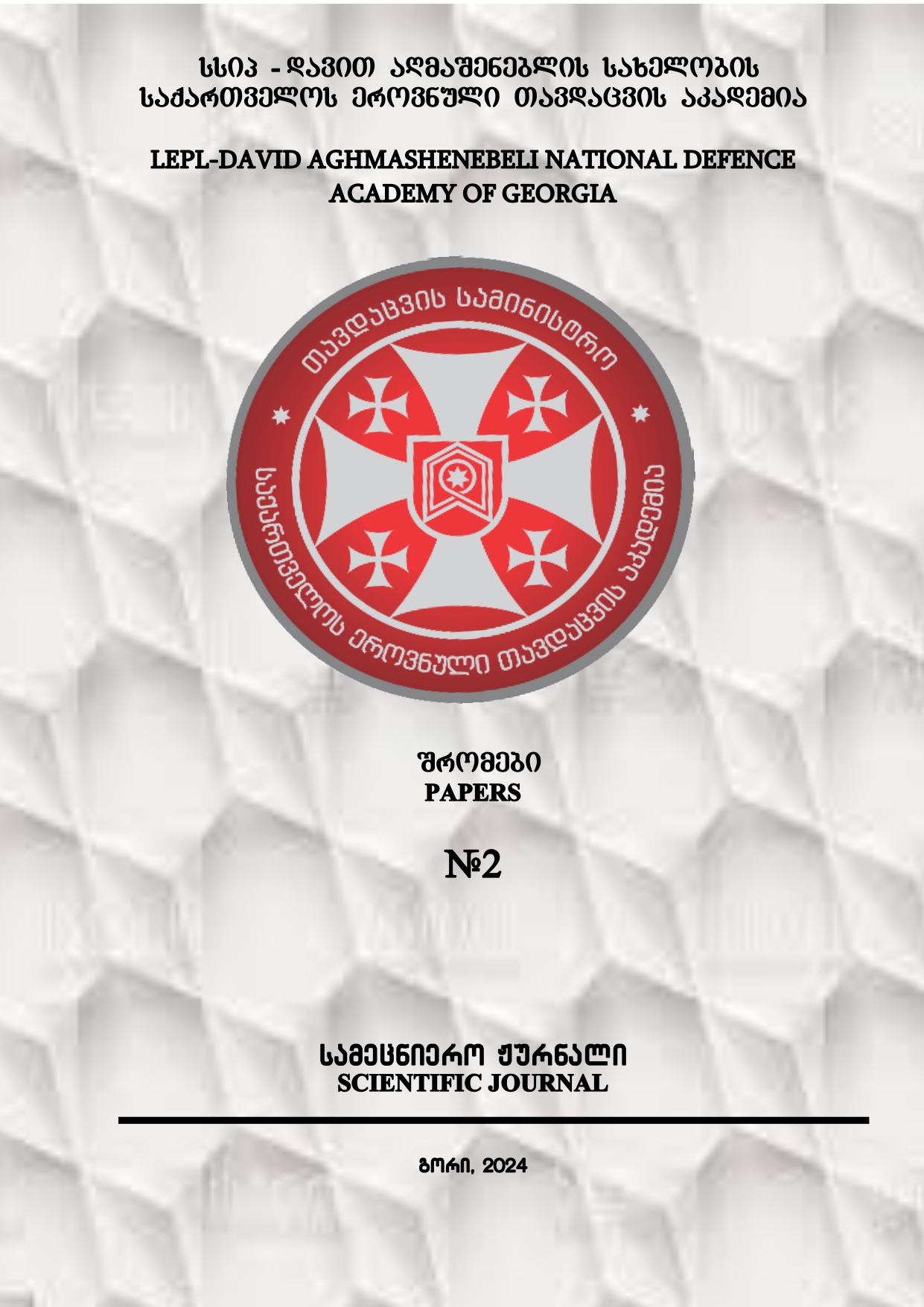The Role of Motivation in Improving the Quality of Teaching and Learning
Main Article Content
Abstract
Learning is a challenging but engaging process. Students come to school with varying levels of motivation, and their readiness and determination are crucial in this process.It is also essential to consider the structure of each subject in terms of content and the objectives set. However, there is no doubt that the teacher's behavior, skills, methods of conveying and explaining concepts, both formal and informal interactions with students, and a learning environment tailored to outcomes all play a significant role in enhancing student motivation. This article precisely addresses these topics. The article reflects observations and activities I have carried out over recent years of my teaching career, conducted at the Cadets Military Lyceum. The paper discusses issues related to learning motivation in Georgian language and literature lessons at this school, as well as the changes planned and implemented to address these problems. Motivation significantly influences a student's achievements. Educational psychologists highlight two main factors in discussing learning motivation: external and internal. Internal motivation is more intrinsic and driven by the desire to study a particular subject or topic. It is primarily influenced by a student’s inherent interests and their need for personal development. In most cases, such students are not motivated by rewards or incentives. External factors are often driven by a student’s desire to avoid negative assessments or punishment. Experts believe that teachers should place more importance on internal motivation. However, unfortunately, this is not always the case—they frequently stimulate students artificially in the learning process and try to increase both motivation and learning quality through engaging activities. Every student should feel like a part of a learning-oriented community, and a positive and comfortable environment should be created for them to express their skills and aspirations. In the teaching and learning process, a results-oriented teacher must be able to take this into account. Both the literature reviewed and personal experience have made it clear that more attention should be given to certain factors essential for increasing motivation, such as: providing positive feedback, setting achievable goals, incorporating realistic, interest-based topics, granting the freedom of choice, fostering a sense of belonging, building supportive relationships, considering each student’s interests, and developing corresponding learning strategies.
